Health policy experts steering the Biden administration’s pandemic response
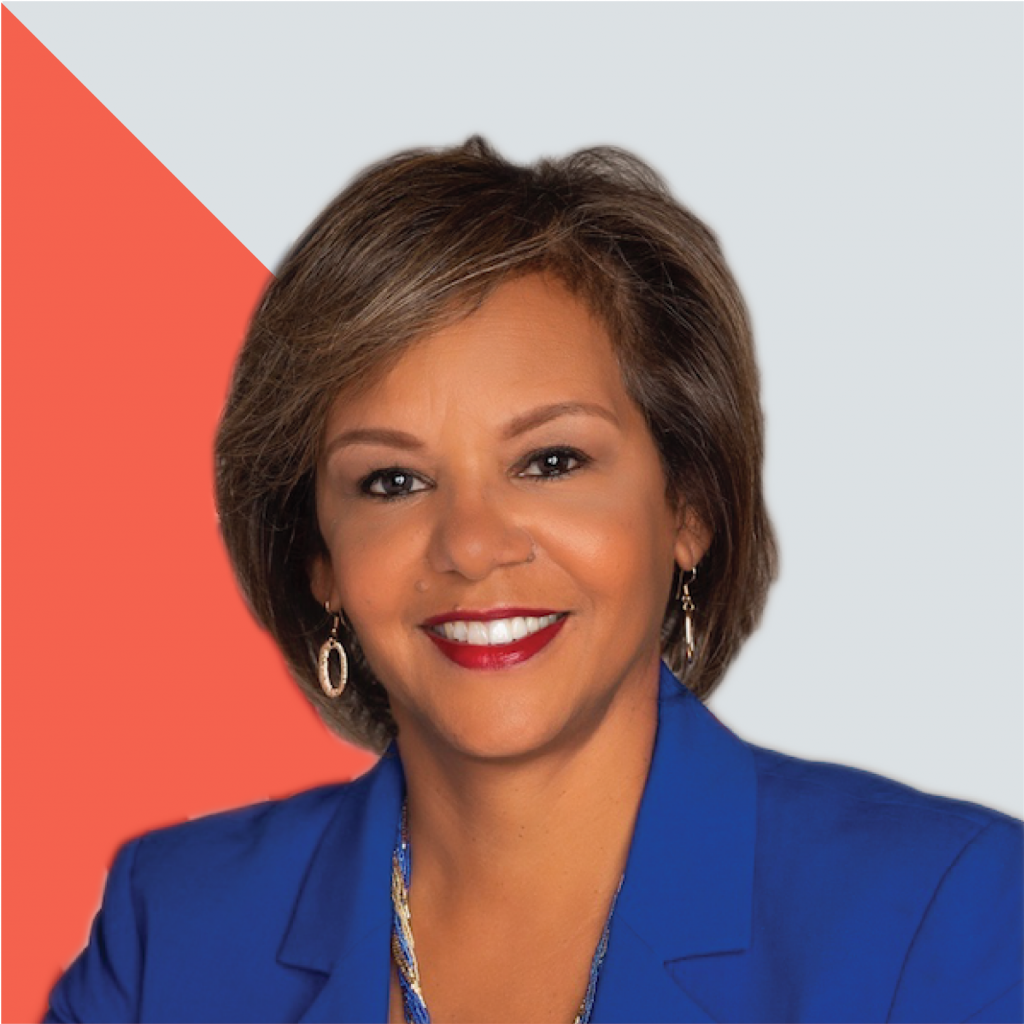
Rep. Robin Kelly
Congress Member, Illinois’s 2nd District
A seasoned Illinois politico who represents a diverse Chicago district, Rep. Robin Kelly prioritizes issues that impact marginalized communities, such as economic growth and health care reform. Over the past 14 months, that emphasis has extended to COVID relief.
While the Democrat represents parts of Chicago and its southern suburbs, she grew up in Harlem, the daughter of a small-business owner and a postal worker. She moved to Illinois to study at Bradley University in Peoria, where she studied child psychology. After college, she settled in Cook County and began a career in social-service work, with a special focus on child development.
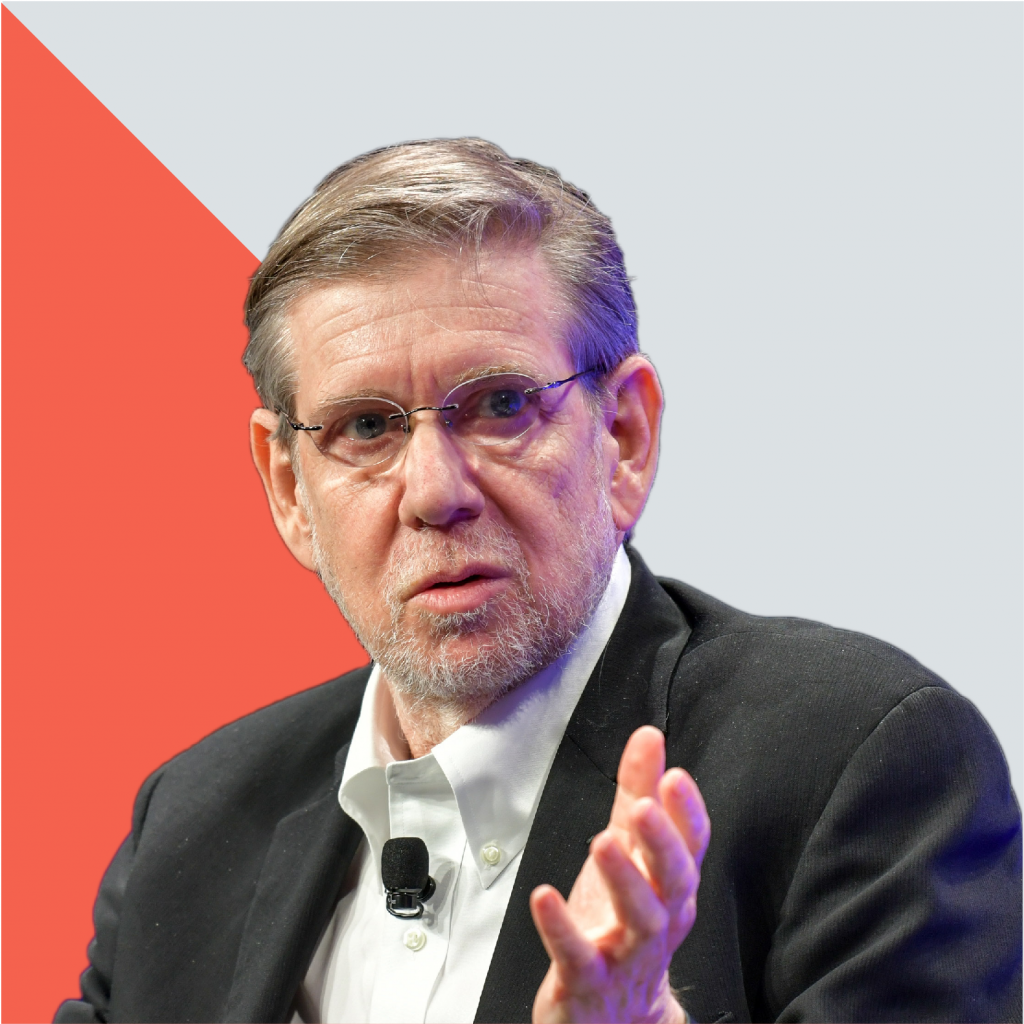
David Kessler
Chief Science Officer of The White House COVID-19 Response Team
Nearly three decades after Dr. David Kessler paired up with Dr. Anthony Fauci to combat the HIV/AIDS epidemic, the two have reunited to tackle COVID-19. A lawyer and pediatrician by trade, Kessler helped accelerate the development and approval of AIDS drugs in the 1990s as commissioner of the Food and Drug Administration, hiring more staffers to speed up the drug-approval and -rejection process.
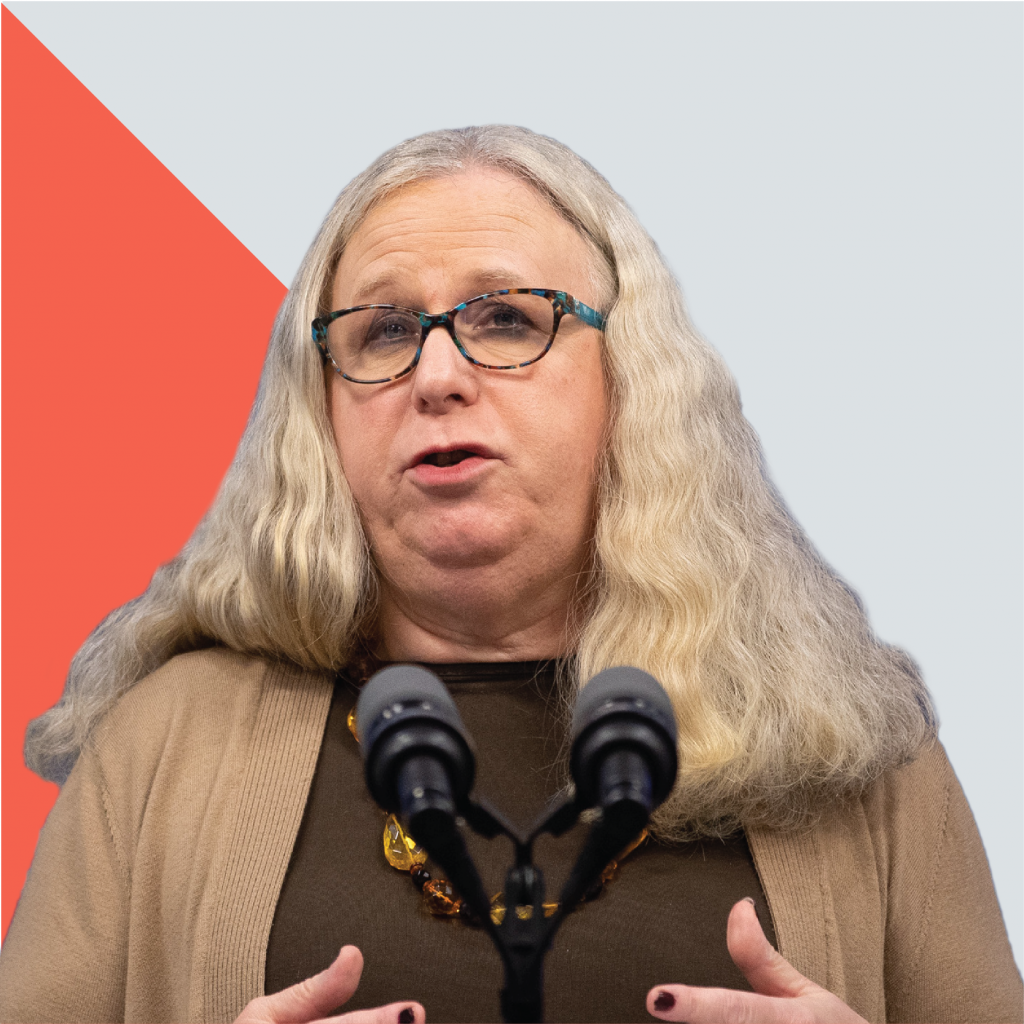
Rachel Levine
Assistant Secretary of Health for the Department of Health and Human Services
In announcing Dr. Rachel Levine’s nomination to the Health and Human Services Department in January, President Biden called her a “historic and deeply qualified choice to help lead our administration’s health efforts.”
Levine’s confirmation in March made her the first transgender person to serve in a Senate-approved federal post. Prior to her federal service, she set a similar precedent as Pennsylvania’s secretary of health. At the time, she told The Washington Post, “With very few exceptions, my being transgender is not an issue.”
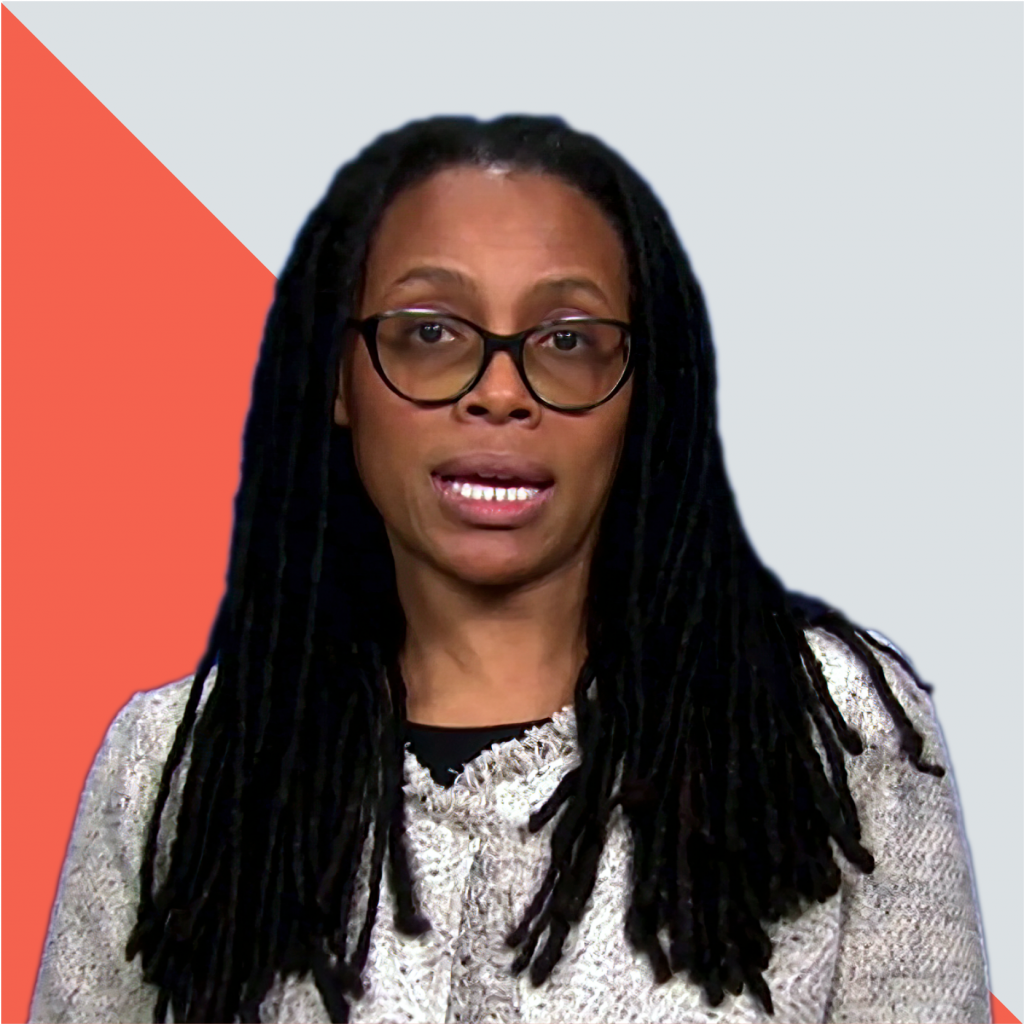
Marcella Nunez-Smith
Chair, COVID-19 Health Equity Task Force
Growing up in the U.S. Virgin Islands, Marcella Nunez-Smith saw disparities in health care and access first-hand when her father was unable to get the care he needed. Before she was even an adult, she was on a path to doing something about it.
After entering college at 16 and graduating from medical school, Nunez-Smith went on to study at Yale University, where she now works as director of the Equity Research and Innovation Center and as a professor of epidemiology. Her research examines the social and structural determinants of health that lead to inequities, supports diverse workforce development, and encourages community engagement to reduce the spread of disease.
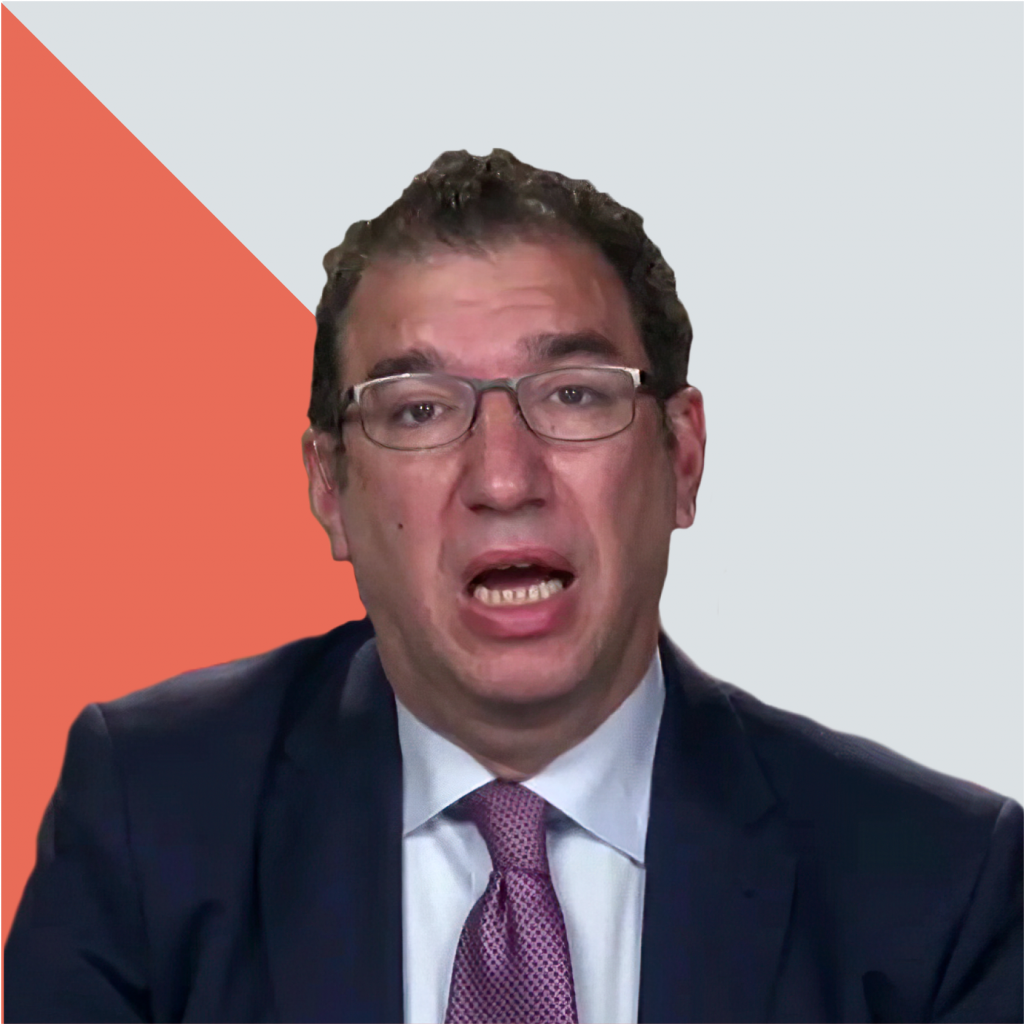
Andy Slavitt
White House Senior Advisor for COVID-19 Response
Andy Slavitt, a health care entrepreneur, nonprofit executive, and former Obama administration staffer, is the man behind much of the White House’s COVID-19 vaccine messaging—and a Twitter page boasting more than 650,000 followers.
As a White House senior adviser for COVID-19 response, Slavitt crafts the administration’s vaccine outreach, makes media appearances to encourage Americans to take the vaccine, and advises states on their reopening plans and vaccine-rollout protocol.
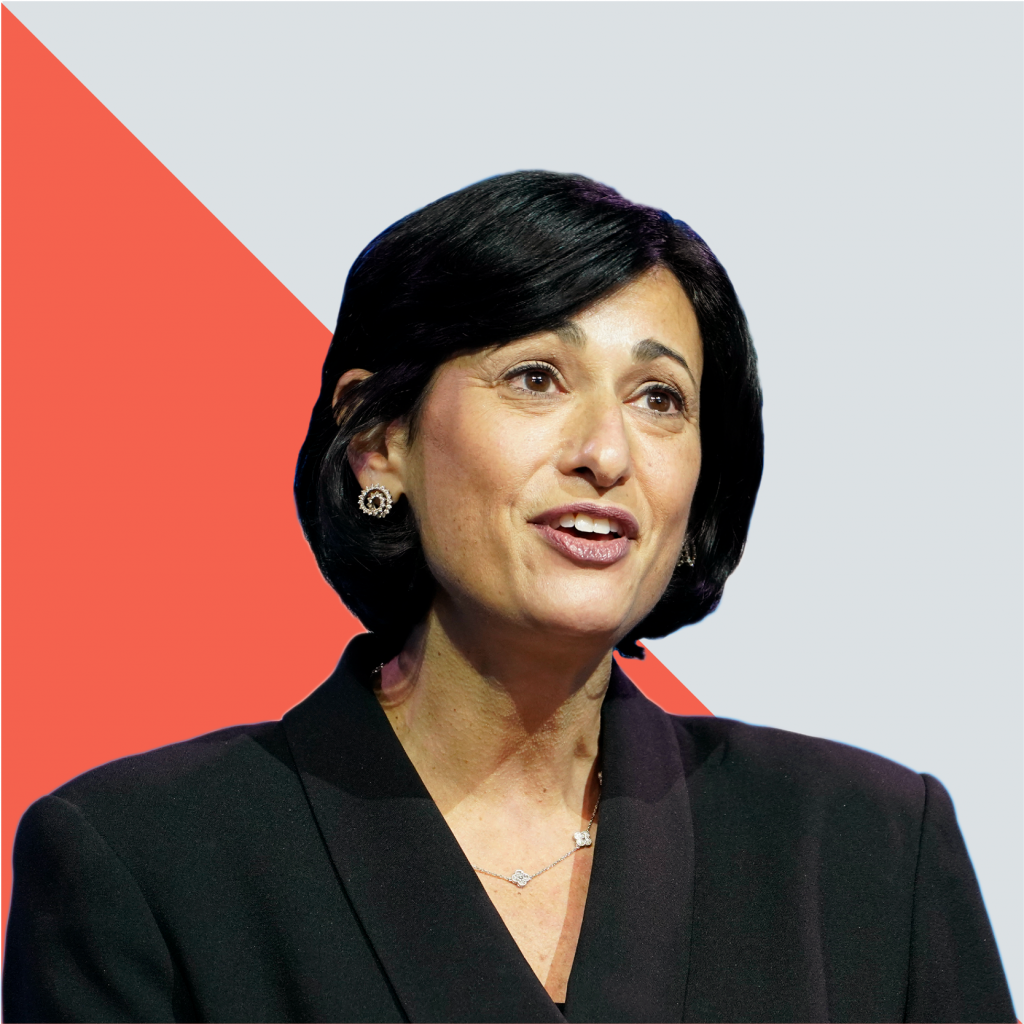
Rochelle Walensky
Director of the Centers for Disease Control and Prevention
Like fellow anti-COVID crusader Dr. Anthony Fauci, Dr. Rochelle Walensky cut her teeth studying the HIV/AIDS epidemic. Early in her medical career, Walensky advocated model-based decision analysis to determine the cost-effectiveness of HIV screening, care, and prevention, particularly in underserved communities.
A quarter-century later, as chief of infectious diseases at Massachusetts General Hospital, she sought to tackle COVID-19 the same way, creating a mathematical model with her colleagues to determine the factors that would impact the effectiveness of a vaccine.
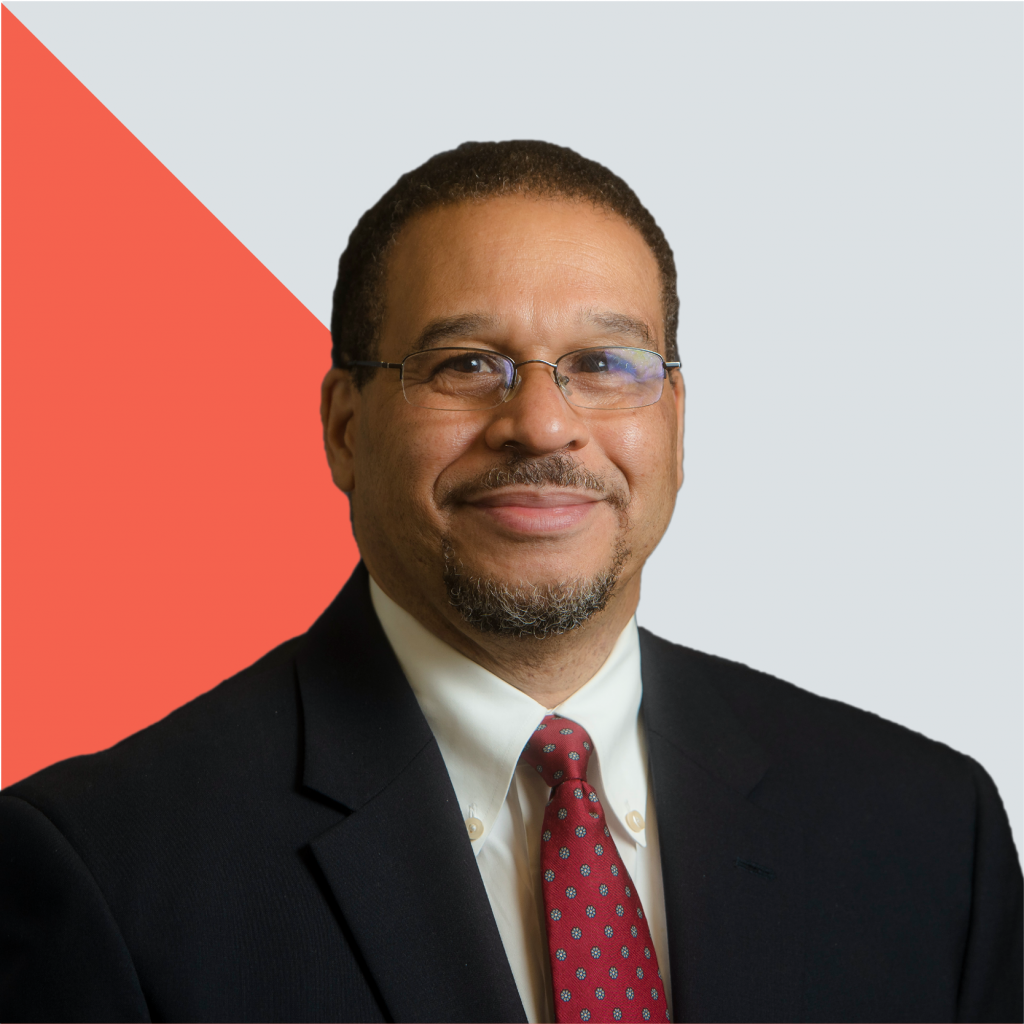
Bobby Watts
CEO, National Health Care for the Homeless Council and member, White House COVID-19 Health Equity Task Force
After graduating college, Bobby Watts deferred graduate school to work at a rescue mission in New York City. The experience shaped the rest of his career as an advocate for the homeless, and he continued to work there while attending the Columbia University School of Public Health.
With degrees in health administration and epidemiology, Watts went to work at Care for the Homeless, working his way up from intern to executive director.

